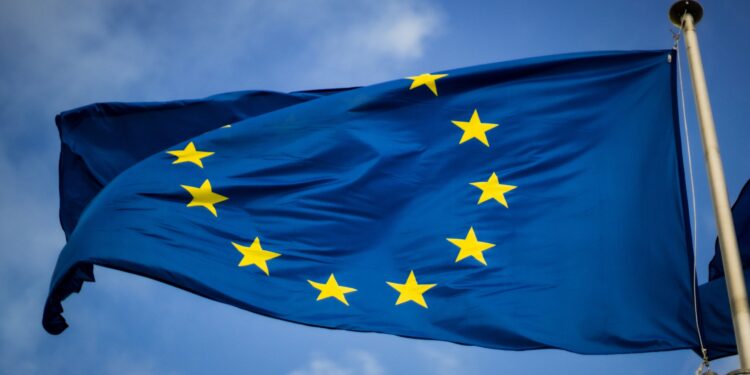Elections in Europe are right around the corner. While not as polarizing as other parts of the world, they do offer surprises. From Germany to Spain to Hungary, there is often a pattern that can be detected. Centrist parties that have held power for decades increasingly battled it out against hard-right rivals that have, until recently, remained a small minority. Come June 9th the story will be the same as elections for the European Parliament are held across the EU’s 27 member states.
Nationalism has always been a component across Europe’s political spectrum, but there has been a boom in voter support over the years. This is visible from Germany, where the AfD has become the biggest opposition party in the Bundestag, to Spain, where Vox has become the third largest force in parliament. Right-wing and populists parties have gained support across Europe from voters who are frustrated with the political establishment as well as rising concern with globalization, immigration and the dilution of national identity. As a result, nationalist parties of various hues will fare well, but the centre is likely come out on top. Sensible policies emanating from Brussels on everything from supporting Ukraine to cutting carbon emissions should carry on unchanged, after the customary fight over who gets what top euro-job.
Polls from Lisbon to Helsinki indicate that the centre-right (known as the European People’s Party, or EPP) should once again emerge as the largest bloc. But alongside fellow centrists of the centre-left (Socialists & Democrats) and liberals (Renew), it will probably lose some ground. Hard-right parties such as those of Georgia Meloni in Italy, Viktor Oran in Hungary and Marine Le Pen in France, by contrast, will pick up seats in the newly expanded 720-strong chamber.
When push comes to shove, the centrists will probably have enough political clout to win over the majority. That should be good news for Ursula von der Leyen, president of the European Commission since the previous elections in 2019. Though the top job in Brussels is decided by the EU’s 27 national leaders, the European Parliament must then approve their choice. If the EPP wins most votes, Mrs von der Leyen will almost be guaranteed for another five years. But a poor showing by centrist parties may force her to enter some kind of agreement with hard-right parties to secure a majority.
Additionally, should Mrs von der Leyen stay on, expect more of the same political maneuvering from Brussels. This would mean continued staunch support for Ukraine. Working with America, the commission helped craft 11 rounds of sanctions against Russia. Moves to bring the war-torn country and up to eight others (mainly in the Western Balkans) into the EU will continue, though it will be many years before formal accession.
More contentious will be the next tranche of carbon-cutting regulations. Populists across Europe continue to grumble about green policies, and will fancy their chances if the EU elections are turned into a referendum on rapid emissions cuts. The EU’s commitment to reach net-zero emissions by 2050 will require more money (of which Europe is in short supply) and more regulation (of which it has a seemingly inexhaustible supply). Even the centrist parties sometimes balk at green plans put forward by Brussels.
The elections could also trigger spats over the top jobs. Mrs von der Leyen staying on would provide continuity. But her team of 26 commissioners, including powerful briefs guiding the bloc’s attempts at building an industrial policy, will be refreshed. There will also be a new president of the European Council, who chairs meetings of EU leaders and represents the bloc abroad, as Charles Michel, the Belgian incumbent, leaves after five years. A fresh foreign-policy chief will also be appointed and, across town, a new secretary-general of NATO.
The closer Europe gets to the vote, the more its own debates will be over-shadowed by America’s elections later in the year (November). The prospect of a Trumpian candidate – especially Donald Trump himself – would turbocharge French calls for “strategic autonomy”, whereby Europe relies less on America for defense and other needs. Despite the importance of the EU elections come June, the elections across the Atlantic in November will do more to determine the future shape of the EU.




